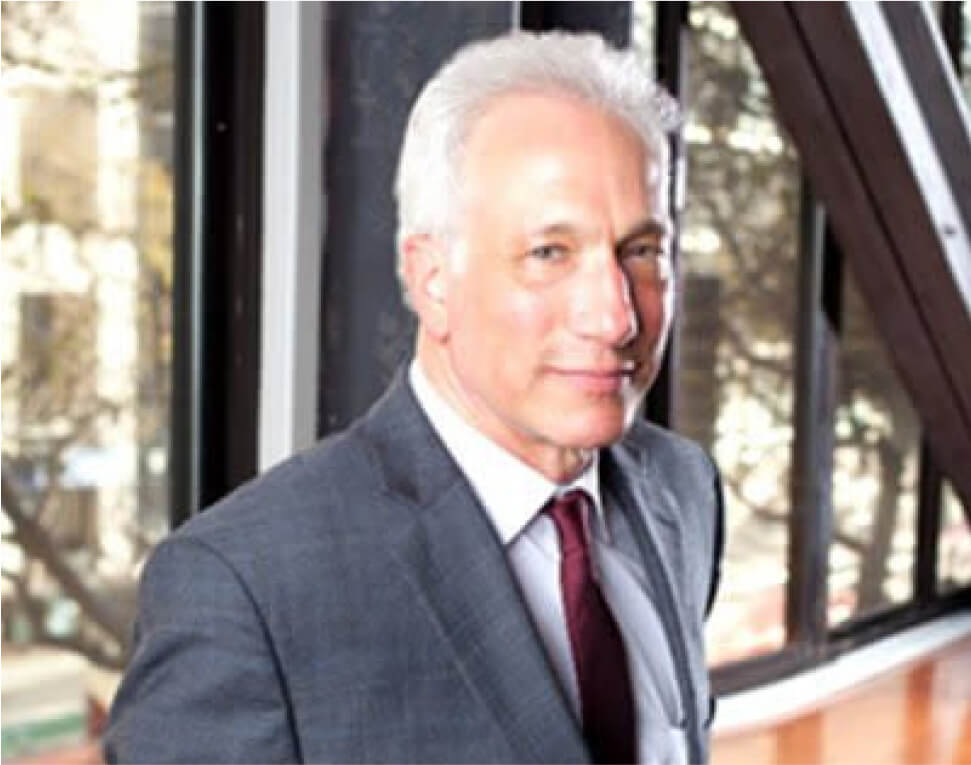Posted in Uncategorized
When seeking VA benefits for PTSD, there are many misconceptions that can complicate the process. It’s important to clear up these misunderstandings to help veterans access the benefits they deserve. Attorneys like those at Gregory M. Rada, Attorney at Law can attest to the importance of having accurate information when navigating the VA system. Below, we address some of the most common misconceptions about VA benefits for PTSD.
You Must Have A Combat-Related Event To Qualify For Benefits
One of the biggest misconceptions is that only veterans who have been in combat are eligible for PTSD benefits. While combat-related events are certainly qualifying stressors, PTSD can result from various traumatic experiences that occur during military service. Non-combat stressors, such as military sexual trauma, accidents, or other life-threatening situations, are equally valid when seeking VA benefits.
Veterans often believe their PTSD is not “severe enough” for compensation if it didn’t occur during combat, but this is simply not true. It’s crucial for veterans to understand that any service-related traumatic event that causes PTSD may qualify them for benefits, regardless of whether it occurred in combat.
Filing For Benefits Will Automatically Result In Approval
Another common misconception is that filing a claim for PTSD benefits will automatically lead to approval. The VA requires veterans to provide specific evidence to support their claim. This includes proving a diagnosis of PTSD, demonstrating a connection between the traumatic event and the veteran’s military service, and providing documentation of ongoing symptoms. Many claims are denied initially due to a lack of supporting documentation or incomplete applications.
It’s essential to gather all necessary medical records and statements from professionals to strengthen a claim. Veterans who receive a denial should not be discouraged, as appealing the decision with the proper documentation and legal support can often lead to success.
You Can’t Appeal A VA Denial
Some veterans assume that once the VA denies their claim, the process is over. However, the VA appeals process is designed to allow veterans multiple opportunities to have their claims reconsidered. Veterans can submit new evidence, request a higher-level review, or appeal the decision with the help of a VA PTSD lawyer. Veterans who have been denied benefits may still be eligible, and it’s worth exploring their options.
PTSD Claims Are Harder To Prove Than Physical Injuries
While it’s true that PTSD can be more challenging to document than physical injuries, this doesn’t mean it’s impossible to get approved for PTSD benefits. With the right evidence, including medical diagnoses, treatment records, and supporting statements, veterans can successfully prove their PTSD claim. Mental health conditions, such as PTSD, are recognized by the VA, and the key is presenting sufficient evidence that links the condition to service.
VA Benefits Will Cover All Of My Treatment Costs
Many veterans believe that once they are approved for PTSD benefits, the VA will automatically cover all treatment costs. While the VA does provide healthcare services for veterans with PTSD, the level of care and treatment may vary depending on the disability rating and other factors. It’s important to confirm what benefits are included and explore other healthcare options if additional support is needed.
Veterans pursuing VA benefits for PTSD often face confusion due to these common misconceptions. It’s vital to approach the process with the correct information and be prepared to gather the necessary documentation. Our friends at Gregory M. Rada, Attorney at Law discuss how veterans can receive the legal support they need to overcome these challenges and secure the benefits they deserve. For those dealing with PTSD claims, working with an experienced lawyer can make a significant difference.
